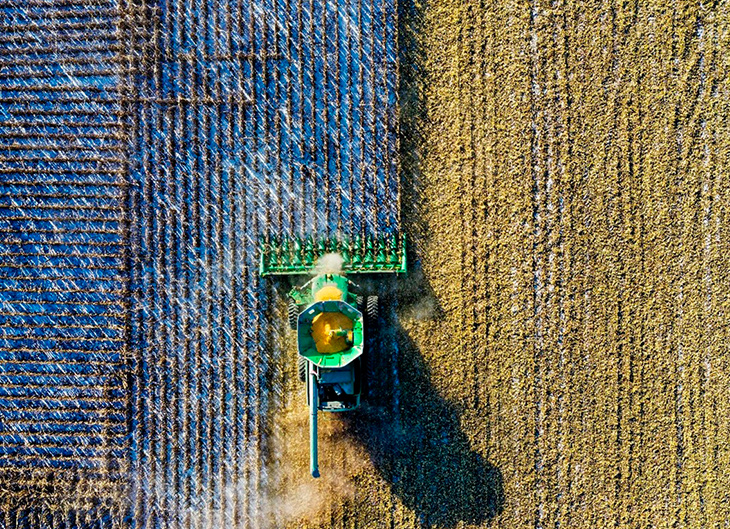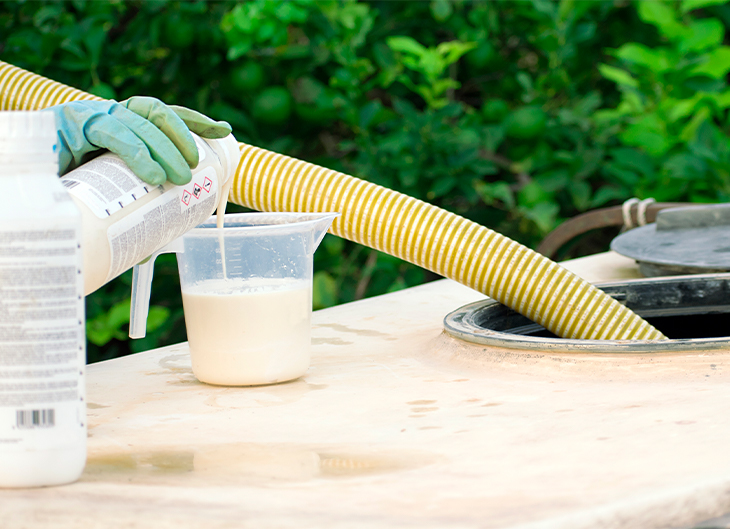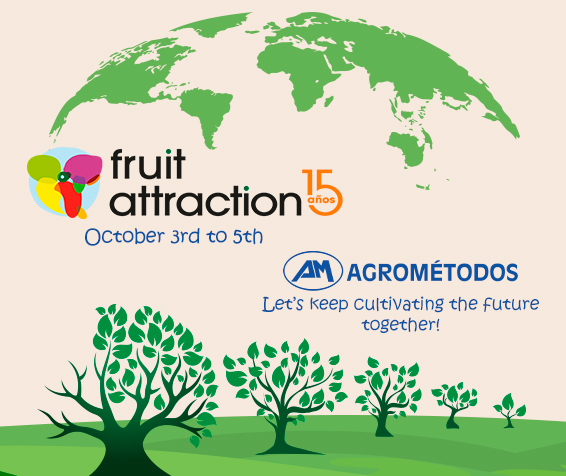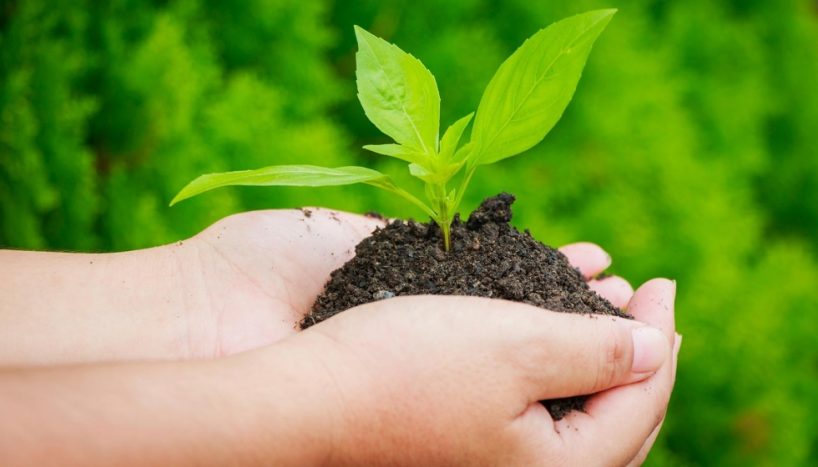
News about the new EU Regulation on Fertilisers
In November 2018, a compromise agreement was reached at the trilogue (EC-Council-Parliament) on the new Regulation on Fertilisers.
The agreement represents a balance between establishing ambitious standards and maintaining the capacity of the fertiliser industry. However, it reduces the level of nutrients in mineral fertilisers and includes industry by-products in the scope of regulation without creating a disproportionate amount of red tape for putting mineral fertilisers on the Single Market.

Negotiations on the new Regulation on fertilisers included many items, such as ensuring high quality in fertiliser products thanks to a clear definition of mineral fertilisers (creating a distinction from other fertiliser products), the introduction of solubility criteria for phosphate fertilisers in Annex I, and minimum nutrient levels.
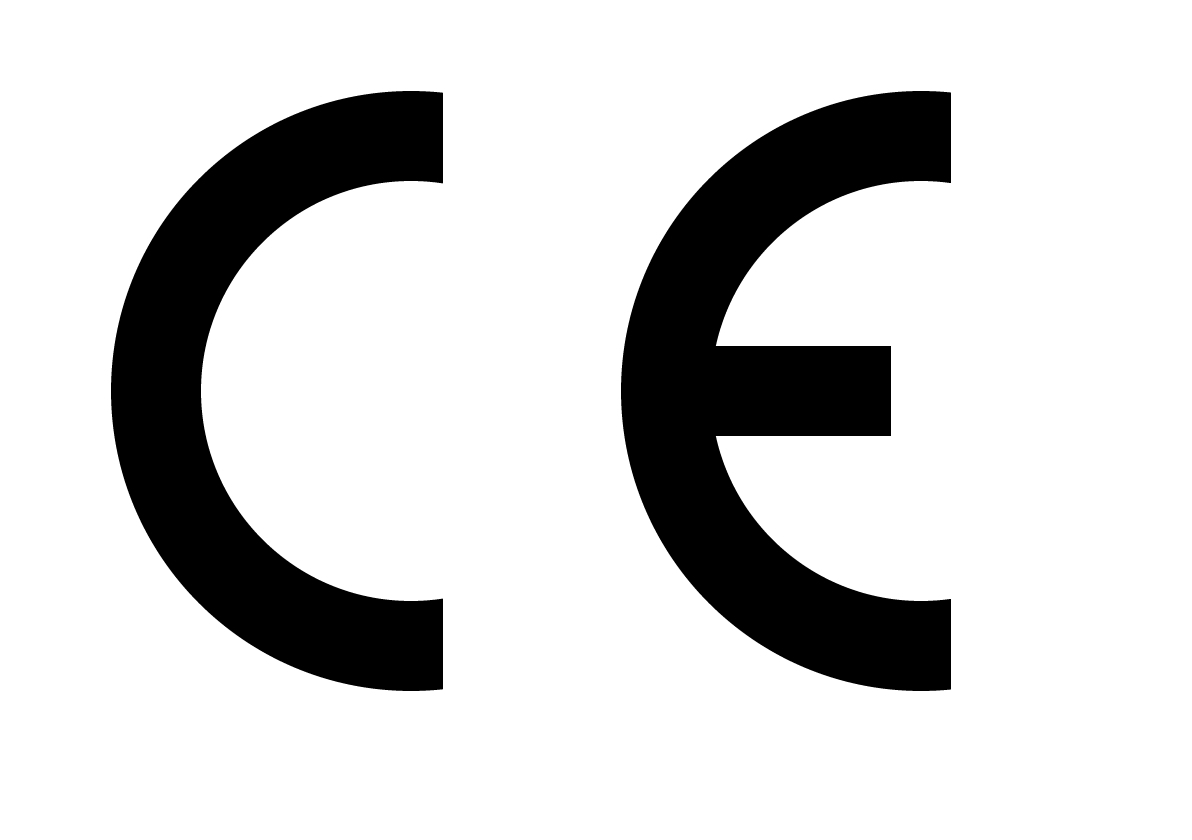
The most relevant point of the agreement is that the CE mark can be applied to other fertiliser products, such as organic fertilisers or Biostimulants. The Regulation will allow for the establishment of the necessary measures for continuous evolution in matters related to Biostimulants. In this way, the EU will become the first in the world to establish a regulation regarding Biostimulants, with a legal .definition thereof and a set of rules for marketing them with the CE mark in the EU internal market.
Provided that the European Parliament and the Council adopt this agreement on the EU Regulation on Fertilisers, it is expected that the European Commission will quickly develop a guidance document to facilitate the transition to the new and complex rules on fertilisers, as well as to clarify the regulatory base of Biostimulants, allowing its implementation in the new Regulations for 2022.

